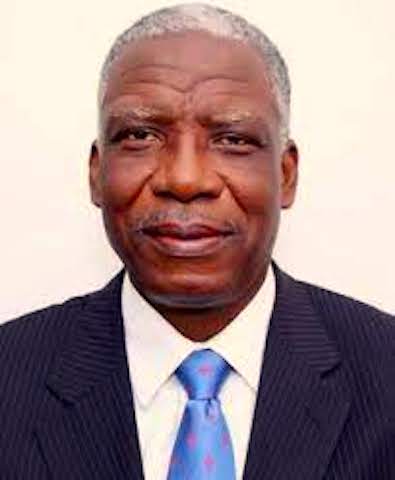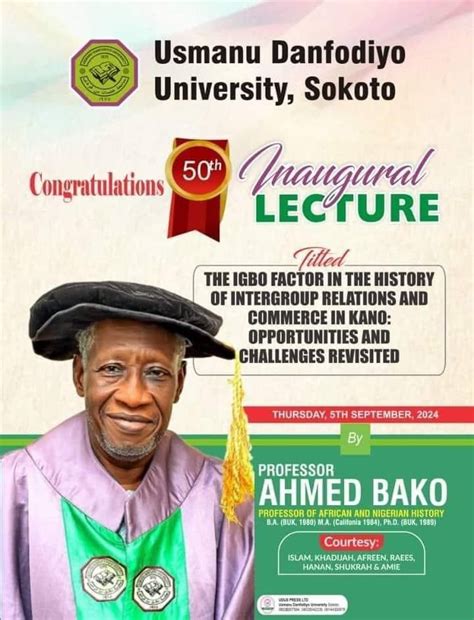Abuja’s foreign policy response to American criticism over Christian persecution exemplifies how not to manage great power relations in a multipolar world. President Trump’s designation of Nigeria as a Country of Particular Concern (CPC) represents the first devastating consequence of Abuja’s theatrical response. While other nations practice strategic pragmatism in navigating great power relations, Nigeria chose melodrama over savoir-faire, a miscalculation now bearing tangible costs.
CPC designation serves as merely the opening salvo in what could become a comprehensive diplomatic and economic isolation. Senator Cruz’s legislation is still advancing through Congress. It threatens even more severe sanctions, including targeted measures against Nigerian officials. For a country with vastly limited bargaining power, Abuja’s chosen path represents a textbook case of how not to resort to jingoism in managing relations with a superpower.
Senator Cruz’s Religious Freedom Accountability Act represents only surface evidence of deeper ethnic and religious crises within the country. His sponsored legislation enjoys bipartisan Congressional support, threatens targeted sanctions on officials and mandatory State Department reporting. These consequences carry serious diplomatic and economic implications, including restricted market access and damaged international standing.
Cruz did not create this crisis; he builds upon mounting evidence from authoritative sources. The Global Terrorism Index consistently ranks Nigeria among the most terrorism-affected countries globally, placing it 6th worldwide in 2025 and noting Nigeria’s top-10 status since 2011. Open Doors reports Nigeria as the deadliest place worldwide for Christians, with more believers killed annually than anywhere else, largely due to jihadist violence by Boko Haram, ISWAP, and armed Fulani militants targeting churches, rural communities and sometimes Mosques.
The Hausa Native Advancement Initiative’s ICC petition details systematic ethnic cleansing with photographic evidence and survivor testimonies. Intersociety’s formal ICC complaint from June 2023 named specific officials, documenting systematic Christian persecution claiming over 31,000 deaths since 2015. Amnesty International has separately petitioned ICC judges regarding atrocity crimes, adding international civil society credibility. These are a convergence of concerns by diverse and respected international organisations.
In September, there were early signs that Nigeria faced an unprecedented level of American political pressure requiring careful diplomatic navigation, not bellicose rhetoric. President Trump’s UN General Assembly address explicitly identified Christianity as “the most persecuted religion on the planet today,” calling on nations to protect religious liberty. It was a clear policy signalling aligned with core evangelical constituencies that helped secure his election.
Cruz’s legislative effort builds on this presidential priority, while 35 American Christian leaders have petitioned Trump directly regarding Christians’ plight in Nigeria. It was an exceptional American political mobilisation around religious freedom concerns, involving mandatory congressional action with enforceable consequences rather than previous diplomatic expressions that lacked substantive teeth. This controlled fundamental shift in U.S. relations created a diplomatic perfect storm that could not be wished away through patriotic songs and dances.
India’s approach to similar diplomatic pressure offers an instructive contrast to reactive denial and defensiveness. Despite being a founding BRICS ally of Russia, New Delhi pragmatically adjusts energy policies responding to American sanctions while maintaining beneficial relationships with multiple powers.
Indian refiners are reducing Russian crude imports following US pressure, demonstrating strategic flexibility over ideological rigidity. And recently, India signed a 10-year defence agreement with the US. This is sophisticated statecraft in action; it acknowledges pressure while protecting core interests through gradual adjustment rather than confrontational rhetoric. Complex relationships are maintained through careful calculation, preserving options rather than forcing binary choices.
Such diplomatic positioning offers valuable lessons. Rather than throwing stones at the messenger and howling at the wind, foreign policy architects should read President Trump’s administration’s tea leaves carefully.
They signal serious American commitment that are unlikely to dissipate through Twitter campaigns. India demonstrates that nations can navigate competing pressures through strategic pragmatism rather than theatrical confrontation.
Leadership must recognise that international investors’ concern about religious freedom is real, and it is seen as a threat to Nigeria’s political and economic stability. Continued denial of violence against ethnic and religious groups risks further isolation when international partnerships are essential for economic development. Addressing these issues transparently and forthrightly is the solution.
Tinubu cannot afford to underestimate either Trump’s or America’s capacity for consequential action. Trump’s focus on religious freedom also reflects a genuine policy commitment with legislative backing and institutional support, not merely political posturing. Countries worldwide are learning that his approach combines unpredictability with strategic pressure, as evidenced in the last ten months of various global engagements.
With limited bargaining power in bilateral relations, assumptions about Brazil or Chinese support in any potential confrontation with Washington may prove unwise and potentially dangerous. The situation requires an open and transparent action to stop the killings and persecution of Christians and ethnic minorities in Nigeria.
Immediate suspension of inflammatory social media campaigns that damage diplomatic positioning becomes imperative. The government must engage American officials through proper diplomatic channels, establishing new credible pathways to demonstrate a genuine commitment to addressing security failures.
The situation demands facing truth at home and practising strategic engagement abroad; leadership must dispose of defensive theatrics and acknowledge legitimate concerns while protecting national interests. The CPC designation is a signpost of how far America may be willing to go. The world is watching; America is still mobilising, and the window for constructive engagement may be closing fast.
Dr Richard Ikiebe is a Media and Management Consultant, Teacher and Chairman, Board of Businessday Newspaper
![]()








